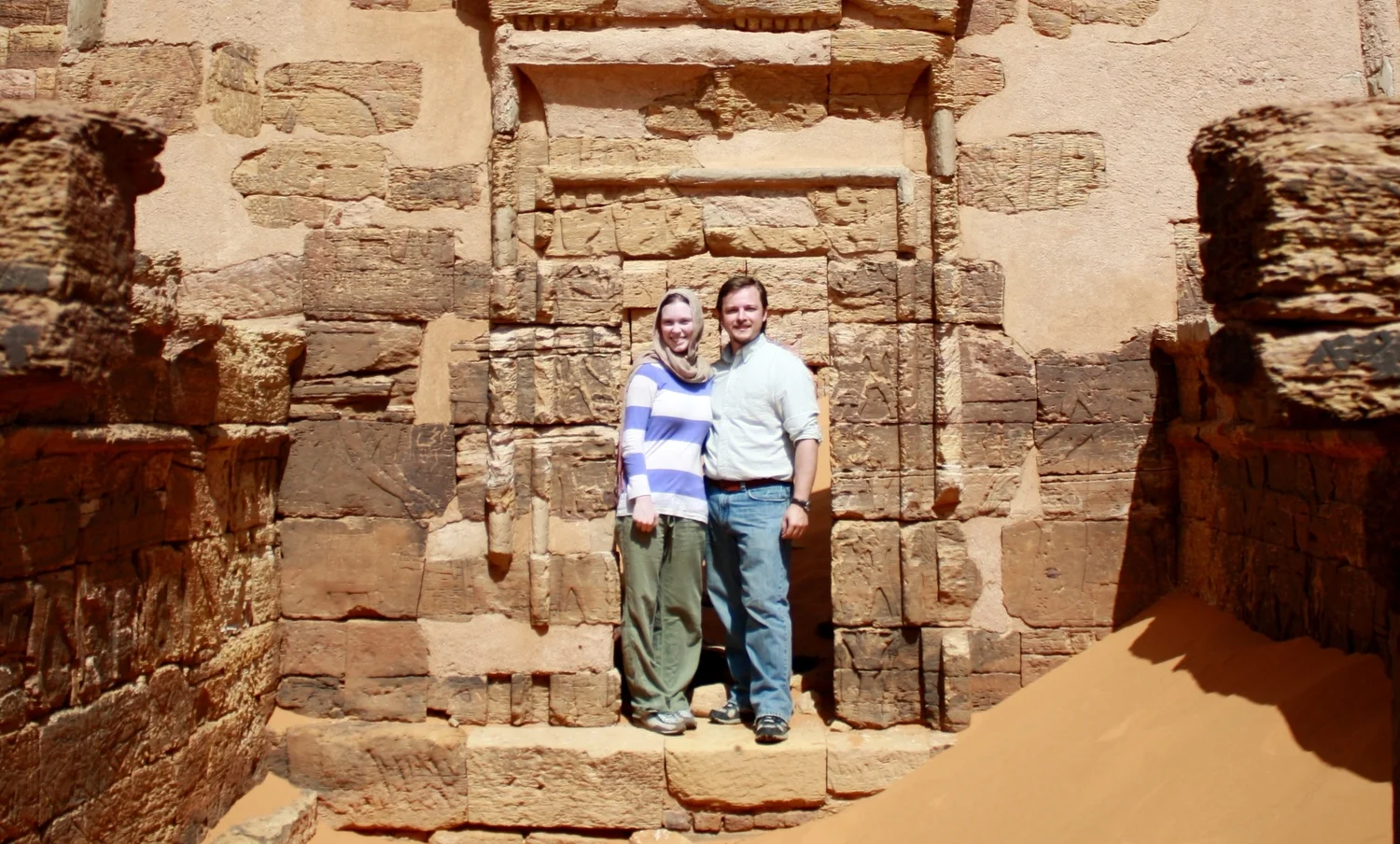Eight hundred young men crowded the street. That’s how the story goes. The space outside the Hotel Montana was so flooded with young men from across Madrid that the police had to be called to try and disperse them.
In the days before this strange mass in the city street, a man had come to town in search of his estranged son. As Hemingway tells it in The Capital of the World, this father had placed an advertisement in the newspaper saying “Paco meet me at the Hotel Montana Noon Tuesday. All is forgiven. Papa.” One by one, tens, then hundreds of sons converged and swallowed up the gray in search of restoration.
There is something uniquely beautiful about the relationship between fathers and sons. Most sons grow up wanting to be like their dads. They navigate the years being saturated with their fathers’ worldviews, mannerisms and behaviors until they reflect their fathers as much inside as out. Time is pivotal for fathers and sons.
The Tears of a Prophet
Lately, our family Bible studies have been getting more interesting. It’s like watching a flower emerge, a time-lapse of an emerging bud encased in green, slowly unfolding with brilliant life and vibrant color. As we retrace the steps of Scripture again and again, engaging the well known stories and forgotten details, I never cease to marvel at the ever deepening questions and reflections our children bring.
In one short year, I’ve watched as my son’s mind has expanded like an exploding universe, filled with wonder and mystery, studying God’s word. The world of the Bible is coming alive to him and he’s increasingly finding his story in it.
The other night, as we sat and talked together about the role of God’s people to be a kingdom of priests for the nations (Exodus 19.6), his face clouded over. He, in his very Henry way, meekly entered the family discussion. In his clear and precise voice, he put forward a question his eyes revealed he knew the answer to: “Does this mean that [the people around us] don’t go to heaven?”
It was a heartbreaking moment as Elise and I gently said that yes, without Christ they face a Christ-less future. His eyes burst with tears and he buried his face in the arm of the couch. His mind fired like rockets with the faces and names of friends who don’t know Jesus. For the first time I watched as my eight year old son wept for the lost. In that moment, our entire family was broken anew for the unreached around us. The rest of the evening was filled with tears and intercession. And it challenged me to ask myself when was the last time I wept for the lostness of the unreached? Time is pivotal for sons and fathers.
A Life of Collected Memories
When I told my father about this particular family devotion he said, “you’ll remember that time for the rest of your life.” He’s right. That moment will become a memorial stone in our family story. When we gaze back against the horizon of time it will stand out with many others, across a promised land marked by altars, where we’ve met with God.
So much of life is spent in collecting. We arrange our closets with the collections of clothes that best describe us. We fill our libraries with books that reveal the inner workings of our minds. We saturate our walls with art and decor that create externally what we long for within. Our collections tell the world who we are because most collections are visible.
And this is what we find in the Gospels: the story of a Son and His Father. They are the collected memories of disciples who watched the love of Father and Son embrace the world. The author of Hebrews puts it this way: “Long ago, at many times and in many ways, God spoke to our fathers by the prophets, but in these last days he has spoken to us by his Son, whom he appointed the heir of all things, through whom also he created the world. He is the radiance of the glory of God and the exact imprint of his nature, and he upholds the universe by the word of his power,” (Hebrews 1.1-3a).
As Christmas draws near, this time of year we celebrate the birth of Jesus “who, though he was in the form of God, did not count equality with God a thing to be grasped, but emptied himself, by taking the form of a servant, being born in the likeness of men,” (Philippians 2.6-7). Time and time again in the Gospels we see a Father smiling on His Son. We hear a Dad cheering from the stands, each victory a new milestone, each challenge producing another memorial stone.
Time is pivotal for fathers and sons because, through time, God the Father and Christ the Son are restoring the lost. Through time, the triune King of Kings is recreating and redeeming all who respond to His call. And we, His kingdom of priests, are equipped by His Spirit to serve the widow and care for the orphan, to care for the stranger and walk humbly with our God (Micah 6:8). We are called to weep with others in their brokenness and invite them to the Lord’s Table (Romans 12.15; 2 Samuel 9.13).
In this life journey we can collect memories, beautiful milestones of restored relationship and sacred memorials of salvation. Our lives are the media through which the Father proclaims to the world, “Meet with me here at this time. In Christ, All is forgiven. Papa.”
